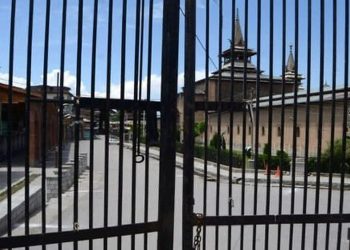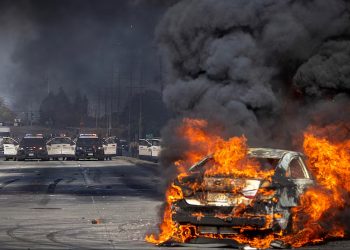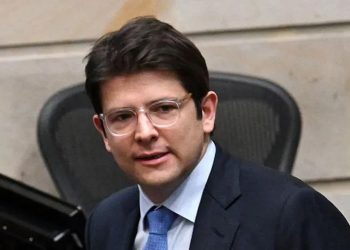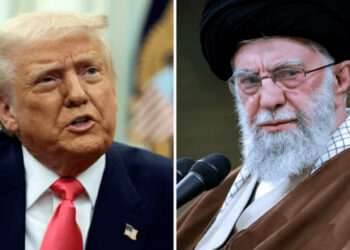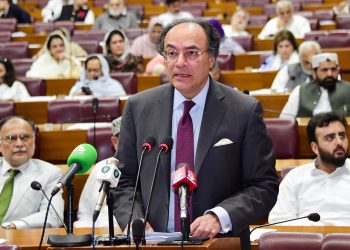HAVANNA: Raul Castro confirmed handing over the leadership of the Cuban Communist Party to a younger generation, ending six decades of rule by himself and older brother Fidel.
In a speech opening the four-day event, Castro, 89, said the new leadership would be party loyalists with decades of experience working their way up the ranks and were “full of passion and anti-imperialist spirit.”
Castro had said at the previous party congress in 2016 it would be the last one led by the “historic generation” who fought in the Sierra Maestra to topple a US-backed dictator in the 1959 revolution.
He already handed over the presidency in 2018 to protege Miguel Diaz-Canel, 60, who ran the party in two provinces before joining the national government.
The transition comes as Cuba faces the worst economic crisis since the collapse of former benefactor the Soviet Union, while there are signs of growing frustration, especially among younger Cubans.
“I believe fervently in the strength and exemplary nature and comprehension of my compatriots, and as long as I live I will be ready with my foot in the stirrups to defend the fatherland, the revolution and socialism,” Castro told hundreds of party delegates gathered at a convention center in Havana.
The congress, the party’s most important meeting, held every five years to review policy and fix leadership, is a closed-door event but excerpts are being broadcast on state television.
Castro himself became acting president when Fidel fell ill in 2006 and later in 2011 party leader, launching social and economic reforms to open up one of the world’s last Communist-run countries. He hailed Diaz-Canel as one of the new generation of leaders that was picking up where he left off.
Castro denounced renewed US hostility under former President Donald Trump. Incumbent President Joe Biden has vowed to roll back some of Trump’s sanctions, although the White House said a shift in Cuba policy was not among his top foreign policy priorities.
Castro said Cuba was ready for a “new type of relationship with the United States without … Cuba having to renounce the principles of the revolution and socialism.”
Castro said it was important to pursue reform with greater “dynamism”, denouncing – as he has in the past – “inertia, conformism, the lack of initiative” in state companies.
The government has resumed a set of economic reforms the party agreed on at its 2011 congress in recent months, in particular eradicating Cuba’s dual currency, multiple exchange rate system in January.
Castro said reforms fomenting the non-state sector should not go beyond certain limits that would lead to the “very destruction of socialism and the end of national sovereignty.”












